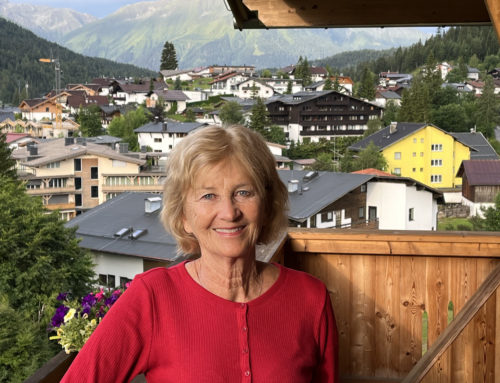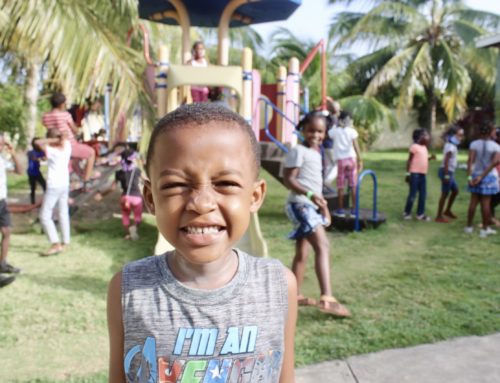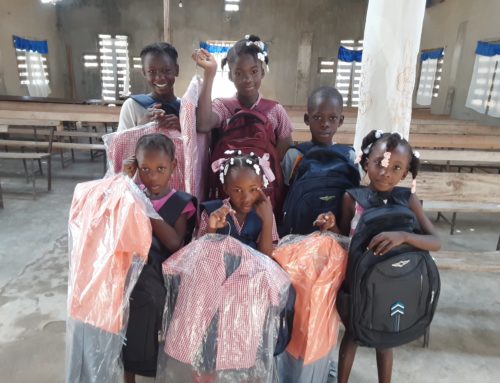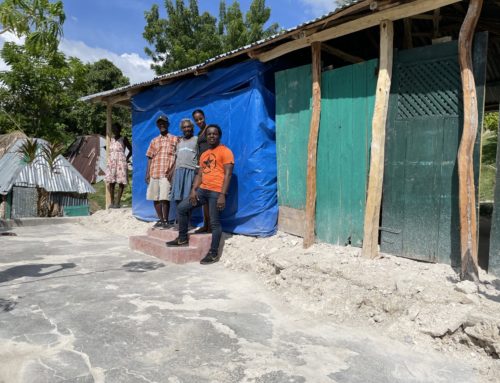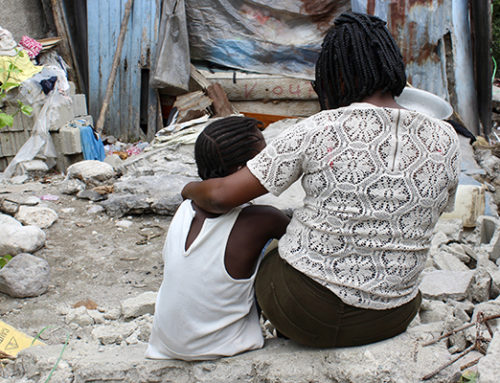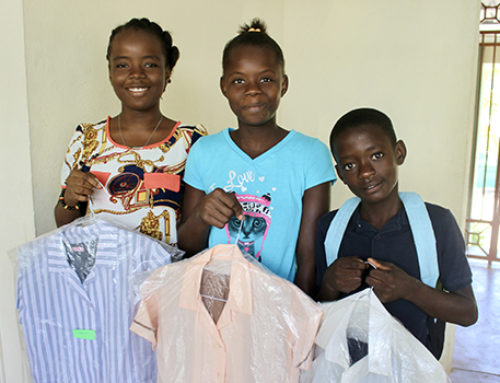Guest Blog by Paul McGuinness, Parker Hill Community Church
Several years ago it became clear to me that our church’s
global engagement must include a stand for justice. It wasn’t because that was
a trendy cause to “like” and support. It wasn’t just because of the estimated
27 million slaves in our world today. It was because pursuing justice is one of
the three paths that we believe God is moving down and inviting His followers
to move down. Let me explain.
The Creation account in Genesis 1 of the Bible points to
three core relationships – our relationship with God, our relationship with
each other, and our relationship with the rest of creation. Prior to mankind’s
rebellion, all of these relationships were perfect and whole. After the Fall,
all of these relationships were shattered. In their best-selling book, When
Helping Hurts, Brain Fikkert and Steve Corbett summarize the brokenness this
way: “Of course, the grand story of Scripture does not end with creation. Adam
and Eve disobeyed God, and their hearts were darkened. The Genesis account
records that all of Adam and Eve’s relationships immediately became distorted:
their relationship with God was damaged, as their intimacy with Him was
replaced with fear; their relationship with others was broken, as Adam quickly
blamed Eve for their sin; and their relationship with the rest of creation
became distorted, as God cursed the ground.”
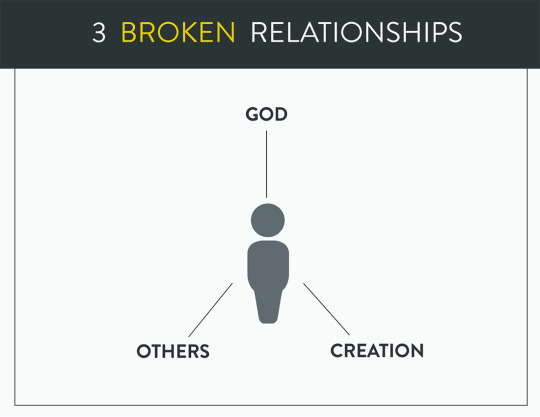
From that moment God has been orchestrating a plan to redeem
and restore not just some, but all of our brokenness. Old Testament prophets
like Isaiah and Micah point to this threefold redemption. Isaiah says,“Yet
the Lord longs to be gracious to you; therefore he will rise up
to show you compassion. For the Lord is a God of justice. Blessed are
all who wait for him!” (Isaiah 30:18) His grace restores our relationship with
Him. His compassion cares for the brokenness brought on by this fallen world.
His justice advocates for those who are mistreated by others. Micah put it this
way: “He has shown you, O mortal, what is good. And what does
the Lord require of you? To act justly and to love mercy and to
walk humbly] with your God.” (Micah 6:8) We can walk humbly in a restored relationship
with God. We must act justly in our interactions with one another. And we ought
to love mercy because so many are beaten down in this broken world. All three
core relationships – spiritual, physical and social – have been broken, so God
addresses each one.
When Jesus steps onto the scene hundreds of years after
these prophesies, He quotes from Isaiah 61 and commits Himself to these three
restorative paths. (Read it for yourself in Luke 4.) Richard Stearns’ classic, The
Hole in Our Gospel, offers three words to summarize the threefold Gospel:
proclamation, compassion and justice. First,
there’s the proclamation of grace and forgiveness, so that our relationship
with God can be restored. Second, there’s a need for compassion because we live
in a fallen world and experience natural and physical pain and suffering.
Third, there is the promise of justice for those who are mistreated and abused
by others. Just as God the Father did, Jesus addresses all three areas of need.
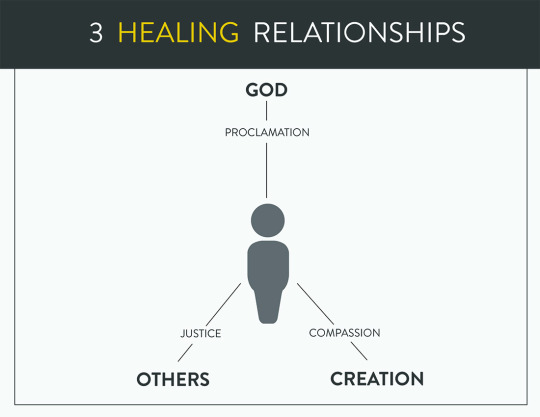
The paradise that God created and will one day restore
includes perfection in these three realms. The mission that Jesus set out on
offered good news for these three relationships. Consequently, the people of
God, the followers of Jesus, must move down these three paths. We speak out in
proclamation. We reach down with compassion. We stand up for justice. It’s what
it means to follow Jesus. It’s how we preview the coming Kingdom.
Once I recognized these themes and these redemptive paths, I
wanted to ensure that my life and our church’s global engagement included these
three elements. The first one was easy. All of our missionaries and global
partners were involved in proclamation. They were planting or strengthening
churches. They were training pastors and church leaders. They were letting
people know of God’s grace and forgiveness. We were moving down that path. The
second path wasn’t all that difficult to find either. Acts of compassion were
desperately needed in the places where we had a global presence. The people of
God in those places brought clean water to their communities, improved the
schools in their districts, and provided jobs for their neighbors. This
heartfelt compassion addressed the consequences of living in a broken world.
Continued acts of compassion were certainly needed, but we were at least moving
down this path. The third path – a stand for justice – wasn’t a path we were
naturally moving down. The victims and the needs weren’t immediately obvious or
easy to remedy. But, once we knew what to look for, we were committed to
seeking it out and incorporating that path into our global ministry. There was
no denying the fact that people were being marginalized, mistreated, abused and
enslaved. We could not overlook or ignore these injustices. As the people of
God, we had to stand up for those who couldn’t stand up for themselves.
In Haiti, our partnership with Restavek Freedom allowed us
to do just that. They became our field guides as we moved down this third path.
Their mission to end child slavery (a Haitian practice known as “restavek”) in
their lifetime is a bold and noble one. We’re proud to stand with them as they
advocate for boys and girls who need justice. So, we’ve sponsored children in
their Child Advocacy Program and in their transitional homes. We visit them
when our teams go to Haiti. We pray for them and spread the word about their
work. They are following Jesus down the path of justice and we are privileged
to walk that path with them.
To read more by this author, visit walkthisway.world.



